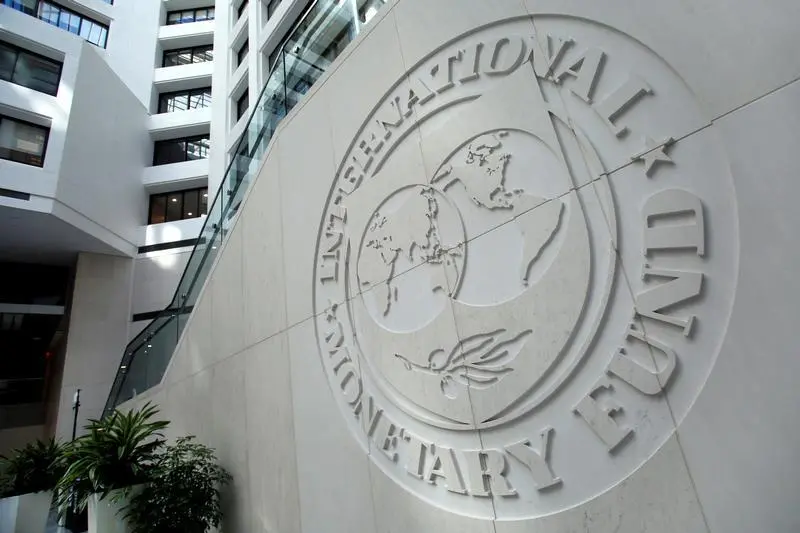PHOTO
Monday, Jul 24, 2017
Dubai: Economic growth in the Middle East & North Africa region including GCC, Afghanistan and Pakistan is projected to slow considerably in 2017, reflecting primarily a slowdown in activity in oil exporters, before recovering in 2018, according to the World Economic Outlook (WEO) update of the International Monetary Fund (IMF).
The 2017—18 forecast is broadly unchanged relative to the April 2017 World Economic Outlook. The recent decline in oil prices, if sustained, could weigh further on the outlook for the region’s oil exporters.
After a better than expected performance with five per cent growth in 2016, the economies of countries in the Middle East and North Africa as well as Pakistan and Afghanistan will subside to just 2.6 per cent growth this year, the IMF WEO update said.
The IMF forecast for 2018 showed the regional GDP growth rebounding to 3.3 per cent, largely driven by turnaround in key regional economies such as the UAE, Saudi Arabia and Kuwait.
Saudi Arabia’s real GDP growth is expected to be close to zero (0.1 per cent) as oil GDP declines in line with Saudi Arabia’s commitments under the Opec agreement. However, the IMF expects to strengthen over the medium-term as structural reforms are implemented. “Risks mainly come from uncertainties about future oil prices, as well as questions about how the ongoing reforms will affect the economy,” the IMF said in its concluding statement of the Article IV consultation.
Non-oil growth in Saudi is projected to pick up to 1.7 per cent in 2017 with further uptick in 2018 with a projected overall GDP growth of 1.1 per cent.
The UAE’s economic growth, which faced a persistent slowdown from 2015, is expected to bounce back in 2018, according to the International Monetary Fund (IMF).
The IMF has projected a 1.3 per cent growth in the UAE’s real GDP in 2017, which it expects to surge to 3.4 per cent in 2018. “Economic activity is expected to strengthen gradually in the coming years with firming oil prices and other global indicators, and an easing pace of fiscal consolidation,” the IMF Executive Board said in a statement after concluding its Article IV Consultation with the UAE.
The IMF has projected the non-oil growth to rise to 3.3 per cent in 2017 from 2.7 per cent in 2016, reflecting increased domestic public investment and a pickup in global trade. Over the medium term, non-oil growth is expected to remain above 3 per cent, supported by accelerating investment in the run up to the Expo 2020. The planned VAT introduction in 2018 is not expected to have a significant adverse impact on growth.
by Babu Das Augustine Banking Editor
Gulf News 2017. All rights reserved.





















